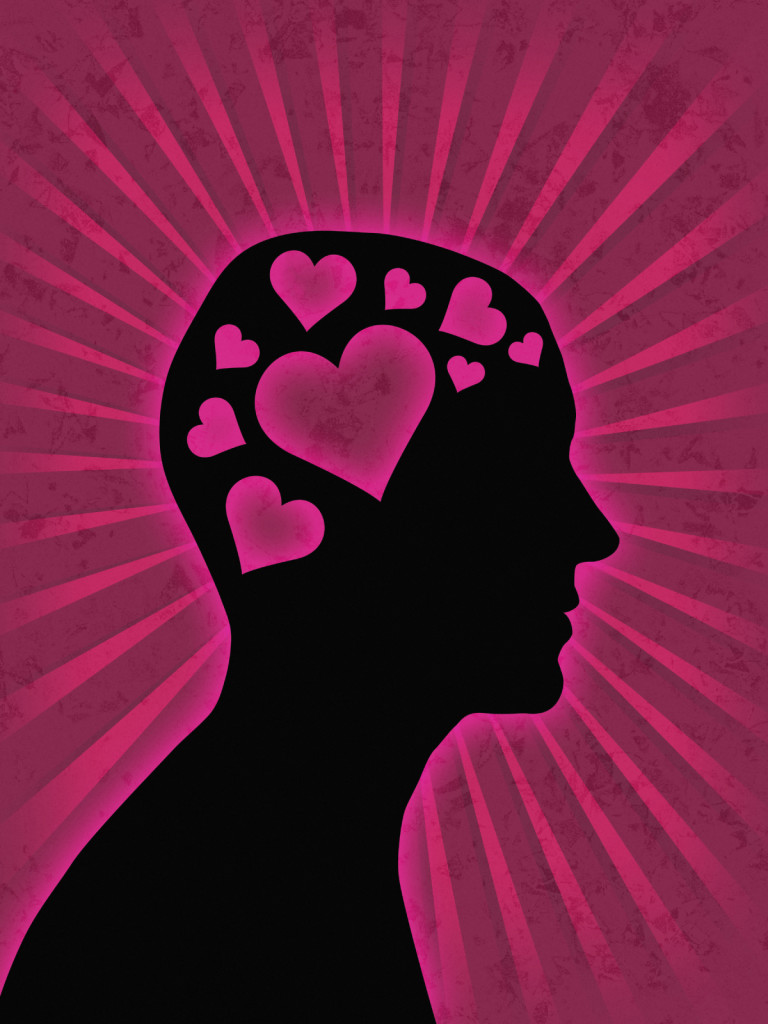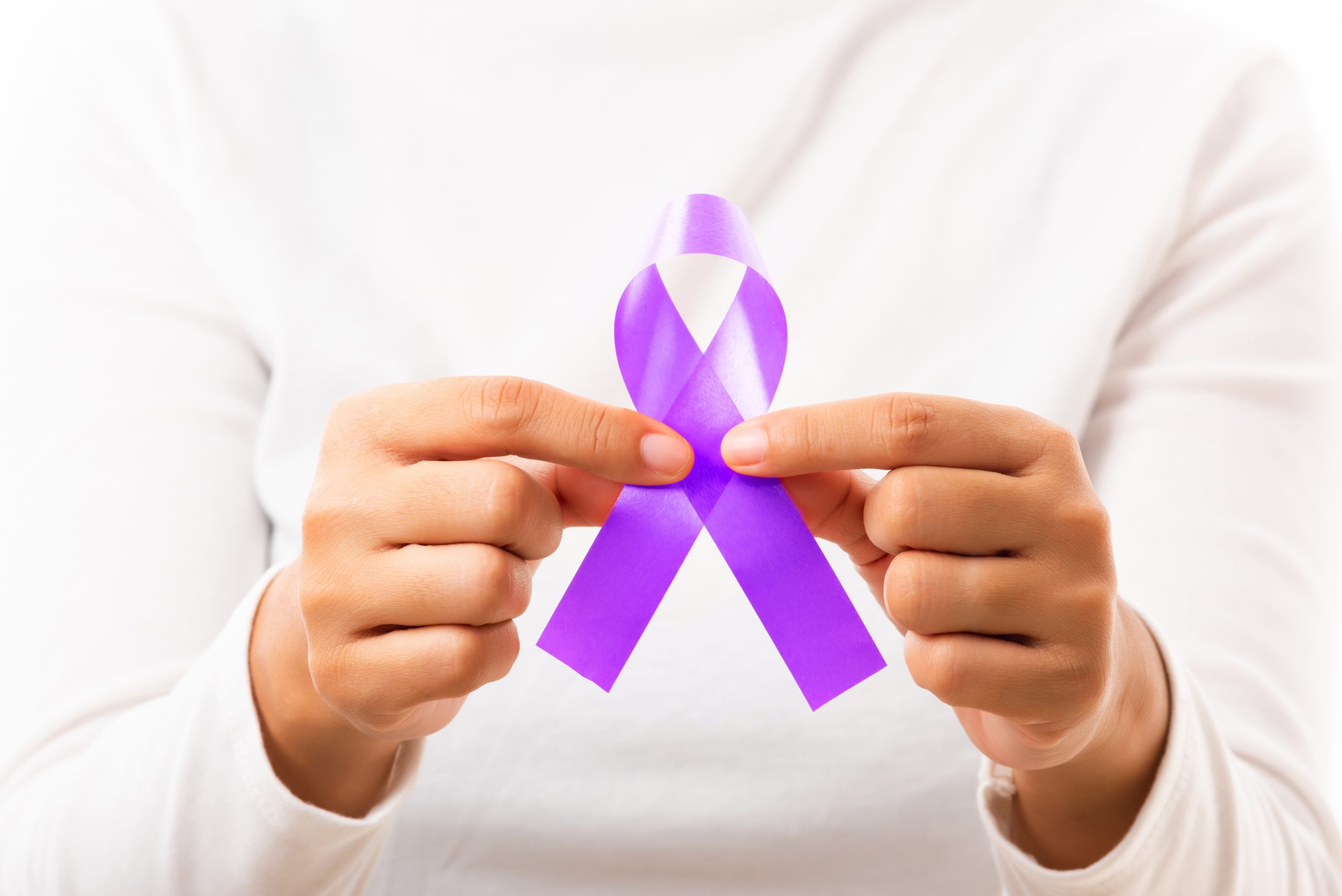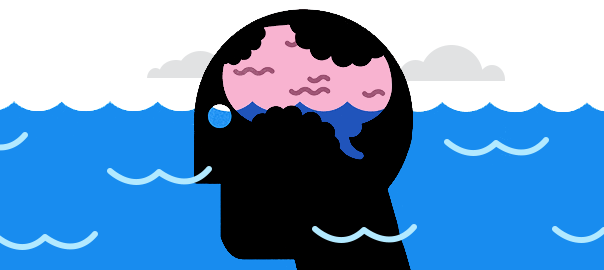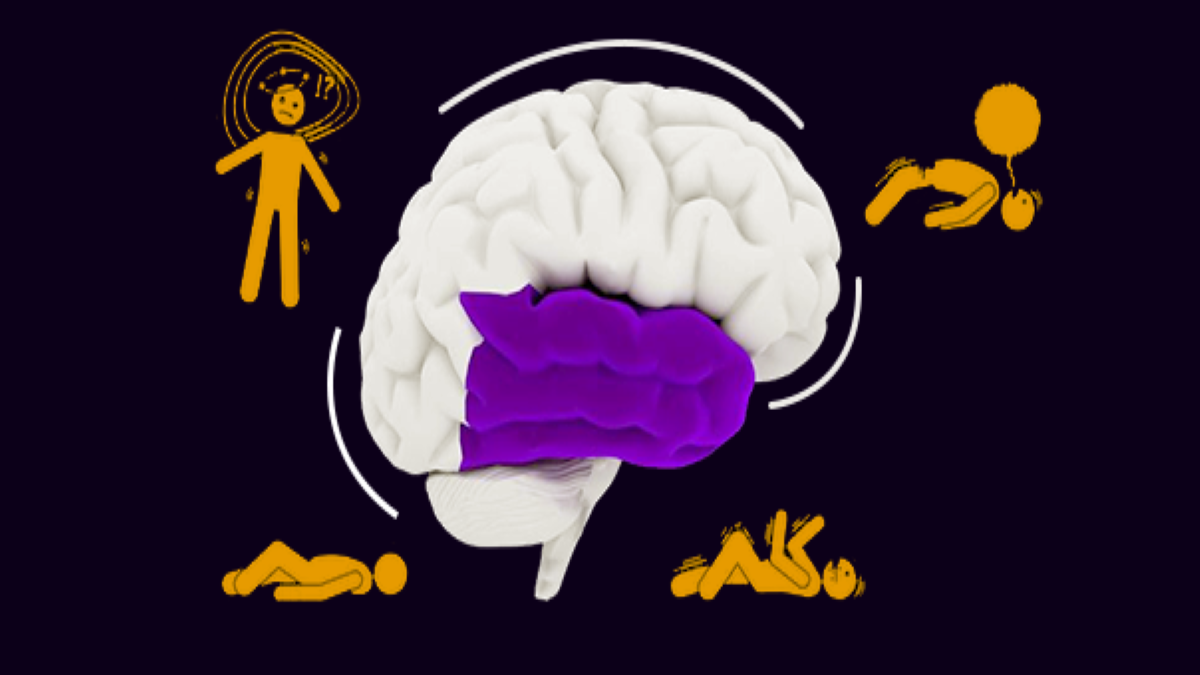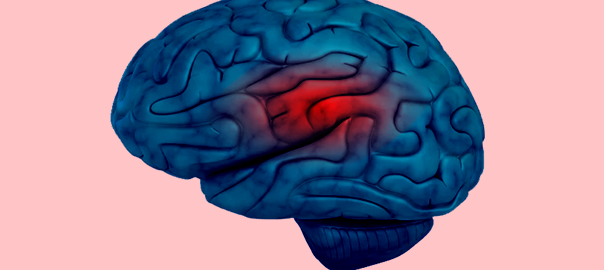Love is a feeling, emotion or sense which is indescribable. It happens to every humans being and has many forms. Love is a universal language and the evolution of human kind is based on its tendency to fall in love and develop loving connections with other human beings. People who fall in love for the first time describe the feeling as being on top of the world, flowing in thick clouds with the birds singing lullabies. Others describe it as an intoxicant powerful than any other drug or alcohol on the planet. However, there seems to have been a scientific explanation of love. This definition is based on how your brain behaves when you are with your loved ones or have fallen in love recently. Today we explore the many effects that love has on your brain and which not many people are aware of.
1 – Neuroscientists divide love into three phases: lust, attraction, and attachment. During the last phase, hormones flood the body with feelings of intense desire. Adrenaline and norepinephrine make the heart race and the palms sweat, while the brain chemical dopamine creates feelings of euphoria. The brain releases dopamine in response to other pleasurable stimuli too, including drugs, which explains the so-called lovers’ high.
2 – Science tells us that even before people fall in love, seeing an attractive face activates that part of the brain which is activated when you take a pain killer to curb your pain. The part which is triggered here is the one which is responsible to develop our linking for someone.
3 – When you are in love and around your loved one, blood is pumped to your brain’s pleasure center. In many studies, MRI scans have shown to light up when people are in love.
